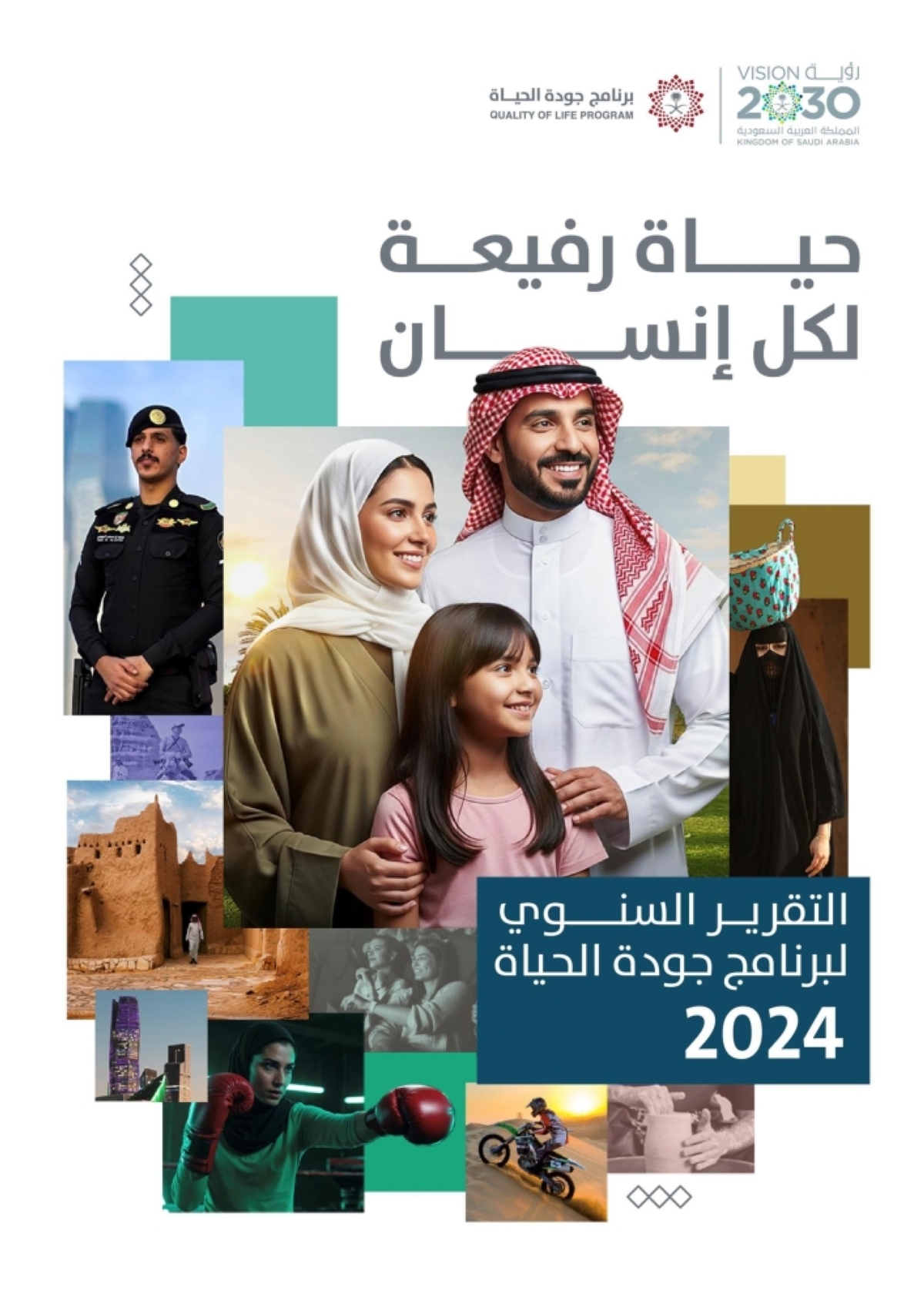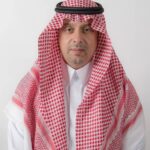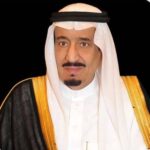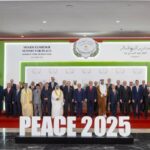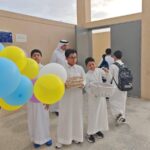The Kingdom continues to inspire year after year by turning visions into reality. The 2024 Quality of Life Program Report—one of the programs under Saudi Vision 2030—reveals significant achievements in six key sectors that have contributed to improving lifestyles, enhancing the urban landscape, expanding cultural, entertainment, and sports options, and empowering communities.
The annual report, titled “A High-Quality Life for Every Individual,” provides a comprehensive analytical overview of tangible transformations across economic, social, and cultural levels. It highlights progress in the program’s initiatives and its 42 performance indicators, with 7 indicators achieving 100% completion, 23 exceeding their planned targets, and the remaining indicators presenting promising opportunities for future improvement and development.
The program works in partnership with executive entities to achieve the goals of Saudi Vision 2030, including urban development, stimulating investments, and expanding cultural, entertainment, and sports offerings.
The report shows that the culture sector organized 3,327 events and employed more than 234,000 people in cultural industries. In tourism, the Kingdom has become a global destination, attracting over 115.9 million tourists and contributing 4.4% to the GDP. The urban design sector also achieved notable successes, with 149 new neighborhood parks developed and resident satisfaction with municipal services rising to 81%. The entertainment sector continued to grow with the opening of 739 new venues and the hosting of 40 unique global events.
In sports, the rate of physical activity among adults increased to 58.5%, and 1,100 athletic talents were discovered. The hobbies sector saw the establishment of 1,832 amateur clubs, reinforcing hobbies as a fundamental pillar in the quality of life equation. All of this was complemented by achievements in the security sector, including a 99.58% confidence level in security services, reflecting public trust in operational efficiency and rapid response. This high level is also linked to the expanded use of modern technologies and infrastructure development across various regions.
Economically, the program contributed SAR 74.5 billion to the GDP from the covered sectors, achieving 102% of the target. Non-oil revenues reached SAR 17.8 billion, nearly doubling the target, while non-governmental investment reached SAR 21.6 billion, fully meeting the goal. In terms of employment, the program created 368,900 new jobs, achieving nearly 93% of the target.
The report reflects the program’s readiness for the next phase of Saudi Vision 2030, focusing on greater integration with executive entities, expanding the beneficiary base, and stimulating the private sector.

